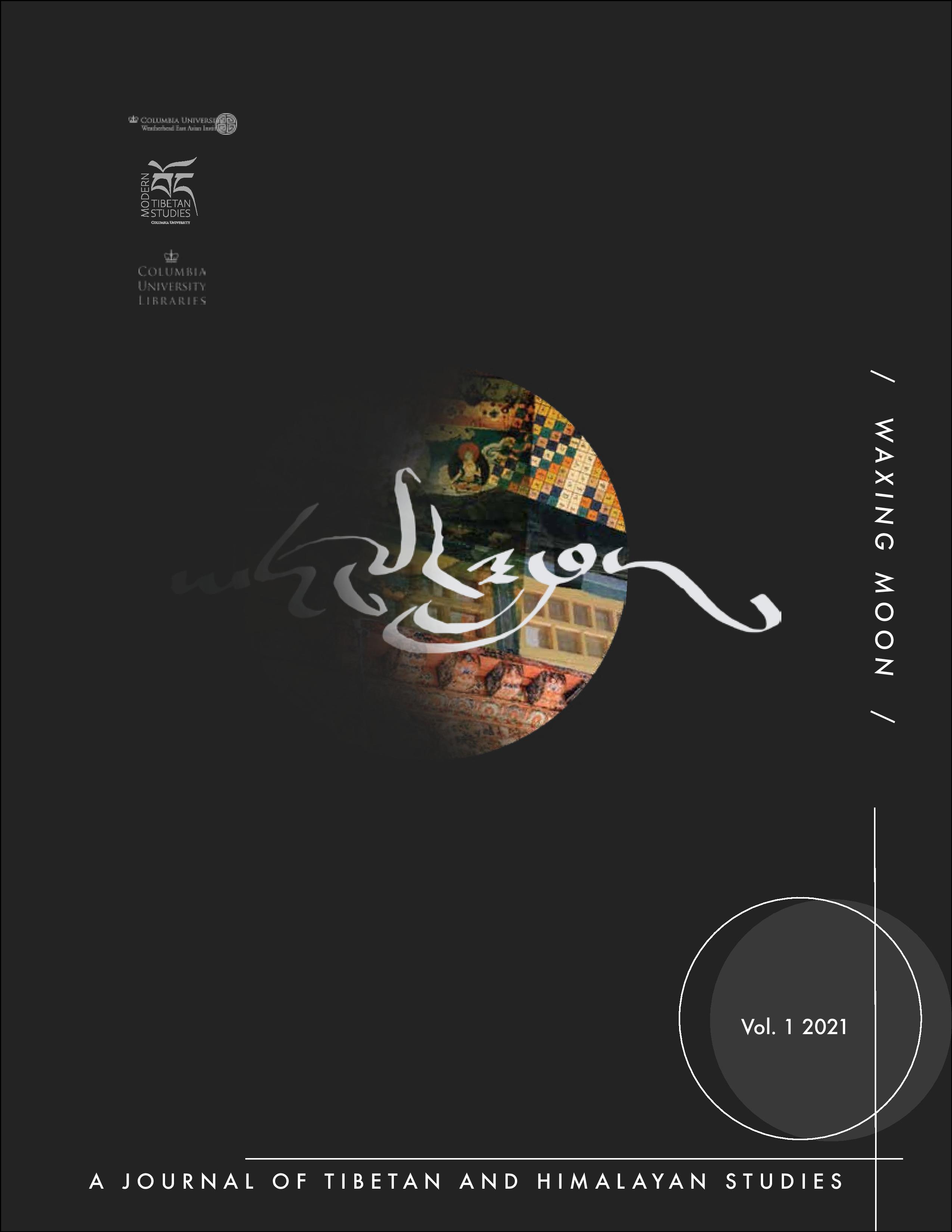Decolonial/Anti-Racist interventions in Tibetan/Buddhist Studies – AAR Roundtable, Colorado 2019
Main Article Content
Abstract
This roundtable session held at the 2019 meeting of the American Association of Religious Studies explores how decolonial analytics and praxis can be applied productively in Tibetan/Buddhist Studies. As scholars, it is critical for us to consider how the racialized perceptions of non-Western religious traditions and peoples are tethered to their continued structural dispossession. A decolonizing intervention here means making the material hierarchies among peoples and their knowledge systems legible but also interrogating the politics of knowledge production in light of these overlapping colonial histories. Our discussion explicitly explores how our choices as scholars have effects in the real world, including how we represent Tibet and the Himalayas/Buddhism in our publications and teaching, the current inequalities of access to academic capital for Tibetan and nonwhite students/scholars, etc. We draw from Indigenous Studies approaches that center Indigenous knowledges and voices, given the history of their marginalization and ask how can we better center Tibetan/Himalayan voices/epistemologies in the study of Tibetan Buddhism.
Article Details

This work is licensed under a Creative Commons Attribution-NonCommercial-NoDerivatives 4.0 International License.

